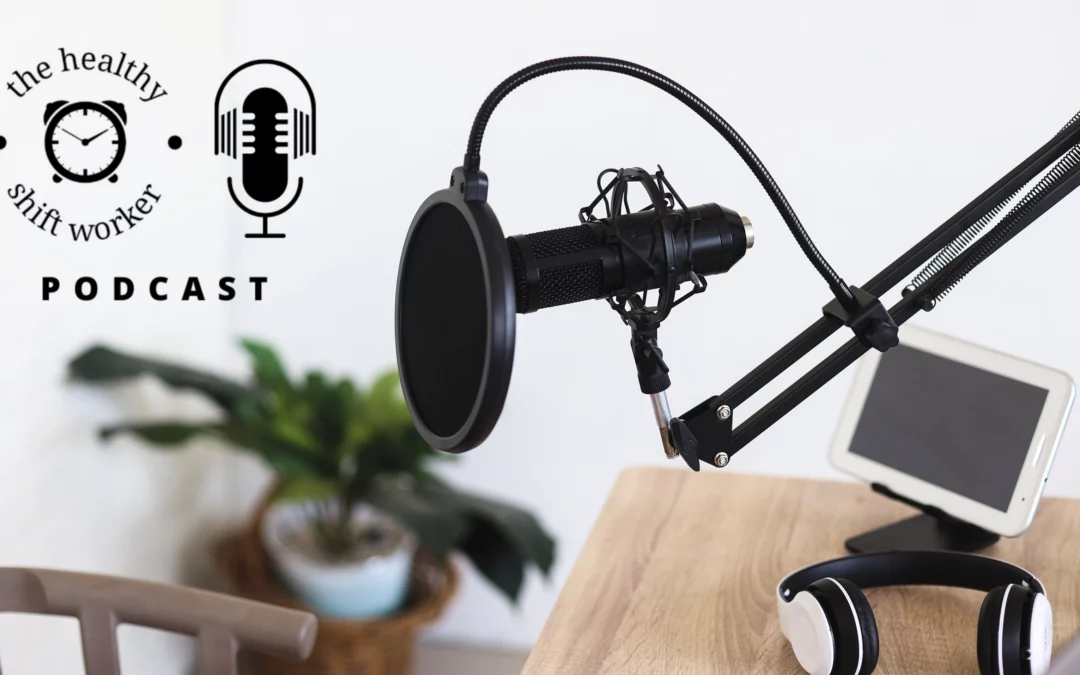



by Audra Starkey | Aug 9, 2017 | HSW, Podcast, Sleep
This week’s episode is all about things that can disrupt our sleep which is not great when we’re already running on a deficit thanks to a sleep-disrupted lifestyle – and they include social media and blue-light. Whilst as a Nutritionist, a lot of my clinical...
by Audra Starkey | May 22, 2016 | Nutrition, Sleep
One of the most common questions I get asked by shift workers in our student clinic at Endeavour College of Natural Health in Brisbane is – “What should I eat and when?” This is a great question given shift workers rarely eat breakfast at...